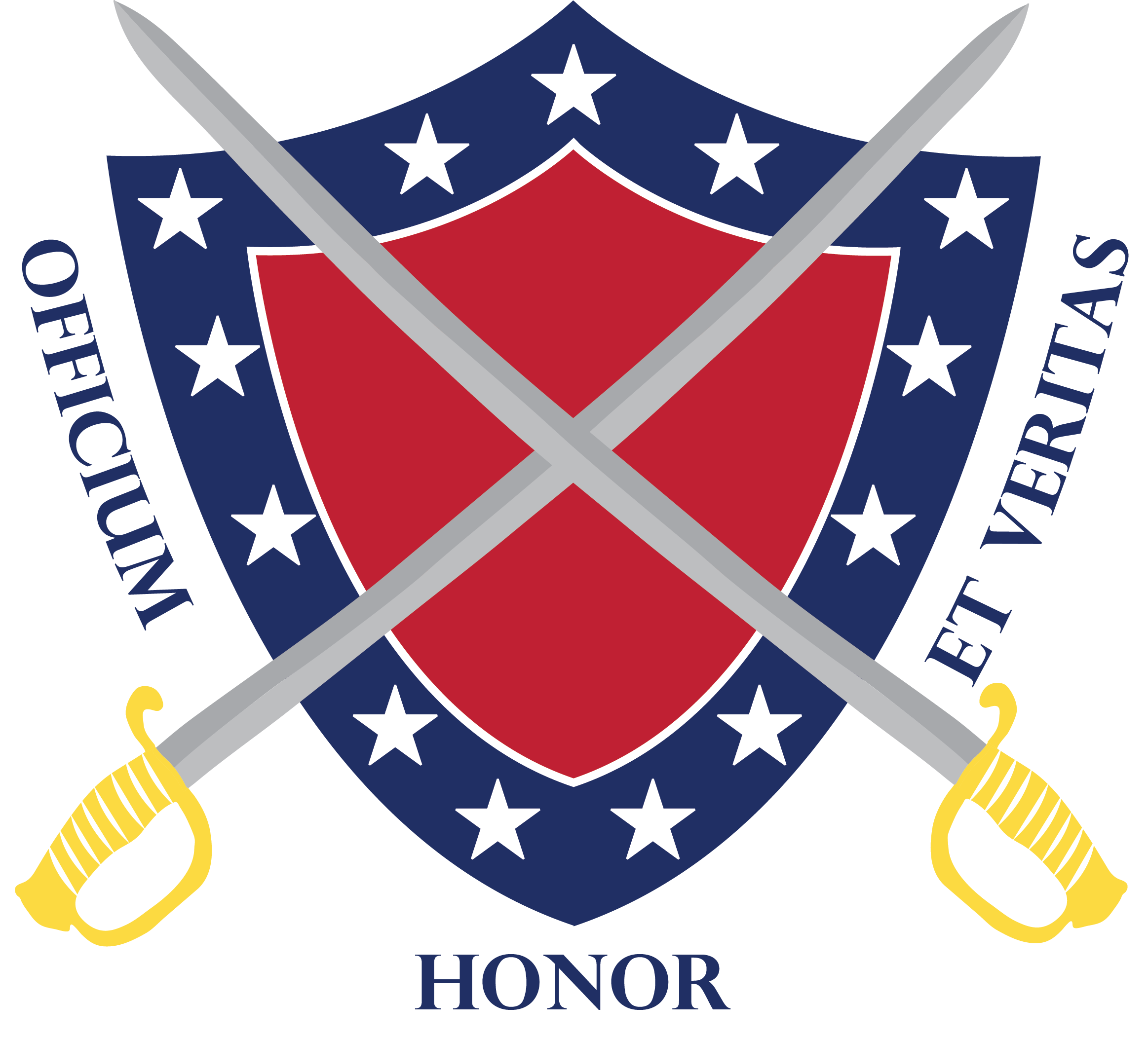
Lincoln & the Forty-Eighters
Yesterday, March 2nd, I did an interview with Cliff Kincaid for one of his you tube presentations. It was mostly on Donnie Kennedy’s and my book Lincoln’s Marxists. Hopefully I was able to give Cliff my take on the communist influence in this country in the years both before and after 1848. I don’t do a lot of these interviews so I am always concerned that I do not do well enough on them. Cliff had read our book and so was mostly in agreement with the history of socialism in this country that we presented.
Revised History – Lincoln & the Forty-Eighters PDF
Yesterday, March 2nd, I did an interview with Cliff Kincaid for one of his you tube presentations. It was mostly on Donnie Kennedy’s and my book Lincoln’s Marxists. Hopefully I was able to give Cliff my take on the communist influence in this country in the years both before and after 1848. I don’t do a lot of these interviews so I am always concerned that I do not do well enough on them. Cliff had read our book and so was mostly in agreement with the history of socialism in this country that we presented.
However, in doing some preliminary research for this interview, I read an article by a man who claimed that Marx’s influence on Lincoln was pretty minimal and he took to task a writer who dared to disagree with that. He claimed that Lincoln just reading Karl Marx’s articles in utopian socialist Horace Greeley’s New York Tribune would not have been enough to reinforce Lincoln’s views on socialism. While I don’t totally agree with that, I got the impression he was trying to soft-pedal Lincoln’s socialist worldview–something Lincoln-lovers dearly want to hide.
In doing more research on this I came across an article by a John Nichols published in the International Socialist Review https://isreview.org that was quite informative. The socialists do not hesitate to identify with Lincoln as he was, in a sense, one of them. Mr. Nichols noted, in part, that Greeley’s Tribune was one of the papers delivered to Lincoln’s law office in Springfield and that Lincoln was “Keenly aware of the rising tide of liberal, radical, and socialist reform movements in Europe, a tide that would peak–at least for a time–in the ‘revolutionary wave’ of 1848 and its aftermath, the young congressman joined other American Whigs in following the development of that year’s ‘Springtime of the Peoples’ which saw uprisings against monarchy and entrenched economic, social and political power in Germany, France, Hungary, Denmark and other European nations. For Lincoln, however, this was not a new interest.” That was an interesting comment there at the end. It indicated that Lincoln was familiar with the socialist upheaval going on in Europe.
Nichols continued: “Long before 1848, German radicals had begun to arrive in Illinois, where they quickly entered into the legal and political circles in which Lincoln traveled. One of them, Gustav Korner, was a student revolutionary at the University of Munich, who had been imprisoned by German authorities in the early 1830s for organizing illegal demonstrations.” Korner ended up in Illinois where “Within a decade he would pass the Illinois bar, win election to the legislature and be appointed to the state Supreme Court. Korner and Lincoln formed an alliance that would become so close that the student revolutionary from Frankfurt would eventually be one of seven personal delegates-at-large named by Lincoln to serve at the critical Republican State Convention in May 1860, which propelled the Springfield lawyer into that year’s presidential race. Through Korner, Lincoln met and befriended many of the German radicals who, after the failure of the 1848 revolution, fled to Illinois and neighboring Wisconsin. Along with Korner on Lincoln’s list of personal delegates-at-large to the 1860 convention was Friedrich Karl Franz Hecker…” He gets prominent mention in Lincoln’s Marxists.
And Nichols also noted: “The failure of the 1848 revolts, and the brutal crackdowns that followed,; led many leading European radicals to take refuge in the United States, and Lincoln’s circle of supporters would eventually include some of Karl Max’s closest associates and intellectual sparring partners, including Joseph Weydemeyer and August Willich…Lincoln did not merely invite the 48ers to join his campaigns, he became highly engaged with their causes.”
So what do Nichols’ comments here tell you about where Lincoln was really at? It would appear that the 48er influence on Mr. Lincoln, due to his socialist proclivities, was much stronger than most writers would have us believe. When theologian James Henley Thornwell referred to “Red Republicans” back in the 1850s it would seem he knew what he was talking about. Wonder how much he knew about “Honest Abe.”
